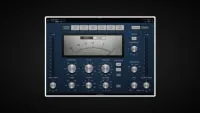
Music Production - Learn the Compressor Effect 
Learn how to use the compressor effect to improve the quality of your music productions. Gain insight into the fundamentals of music production and discover how to use the compressor to create a professional sound. ▼
ADVERTISEMENT
Course Feature
![]() Cost:
Cost:
Free
![]() Provider:
Provider:
Udemy
![]() Certificate:
Certificate:
No Information
![]() Language:
Language:
English
Course Overview
❗The content presented here is sourced directly from Udemy platform. For comprehensive course details, including enrollment information, simply click on the 'Go to class' link on our website.
Updated in [March 06th, 2023]
This course, Music Production - Learn the Compressor Effect, provides an overview of dynamic range compression and how it can be used to improve music production. Students will learn how to use compression on vocals, drums, and bass, as well as on the Master Bus to improve their final mixes. By the end of the course, students will have a better understanding of how to use compression to enhance their music production.
[Applications]
The application of this course can be seen in the production of music. After taking this course, users can apply the knowledge they have gained to compress the vocals, drums, and bass in their music productions. Additionally, they can use compression on the Master Bus to improve the overall sound of their final mixes.
[Career Paths]
1. Music Producer: Music producers are responsible for overseeing the production of music recordings. They work with artists, songwriters, and engineers to create the best possible sound. They also manage budgets, schedules, and other aspects of the production process. As technology advances, music producers are increasingly using digital tools to create and mix music.
2. Audio Engineer: Audio engineers are responsible for recording, mixing, and mastering audio recordings. They use a variety of tools and techniques to create the best possible sound. As technology advances, audio engineers are increasingly using digital tools to create and mix music.
3. Music Composer: Music composers are responsible for creating original music for films, television shows, video games, and other media. They use a variety of tools and techniques to create the best possible sound. As technology advances, music composers are increasingly using digital tools to create and mix music.
4. Music Educator: Music educators are responsible for teaching music theory, composition, and performance to students. They use a variety of tools and techniques to help students learn and develop their musical skills. As technology advances, music educators are increasingly using digital tools to teach and demonstrate music concepts.
[Education Paths]
1. Bachelor of Music Production: This degree program provides students with the skills and knowledge necessary to become successful music producers. Students learn about music theory, composition, recording techniques, sound engineering, and music production software. They also gain experience in mixing, mastering, and sound design. This degree is becoming increasingly popular as the music industry continues to grow and evolve.
2. Master of Music Technology: This degree program focuses on the use of technology in music production. Students learn about digital audio workstations, sound synthesis, and audio engineering. They also gain experience in sound design, mixing, and mastering. This degree is ideal for those who want to pursue a career in music production and sound engineering.
3. Bachelor of Audio Engineering: This degree program focuses on the technical aspects of sound production. Students learn about audio engineering, sound design, and audio production. They also gain experience in mixing, mastering, and sound design. This degree is ideal for those who want to pursue a career in audio engineering and sound production.
4. Master of Music Business: This degree program focuses on the business aspects of the music industry. Students learn about music marketing, music law, and music business management. They also gain experience in music publishing, music licensing, and music distribution. This degree is ideal for those who want to pursue a career in the music industry.
Course Syllabus
The Digital Audio Scale
Audio Clipping
Dynamic Range
Average Loudness Level
How Compression Works
Live Example: Compressing a Single Channel
Live Example: Compressing a Group Channel
Live Example: Compressing the Full Mix
Pros & Cons

Excellent material.

Clear and precise instructions.

Good start for beginners.

Free education.

Better understanding of compression.

Not a full course.

No mention of parallel compression.

Too few examples.
Course Provider

Provider Udemy's Stats at AZClass
Discussion and Reviews
0.0 (Based on 0 reviews)
Explore Similar Online Courses

Shopify Dropshipping Mastery: Your First Sale (LIVE EXAMPLE)
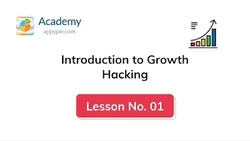
Growth hacking techniques in Digital Marketing

Python for Informatics: Exploring Information

Social Network Analysis

Introduction to Systematic Review and Meta-Analysis

The Analytics Edge

DCO042 - Python For Informatics

Causal Diagrams: Draw Your Assumptions Before Your Conclusions

Whole genome sequencing of bacterial genomes - tools and applications
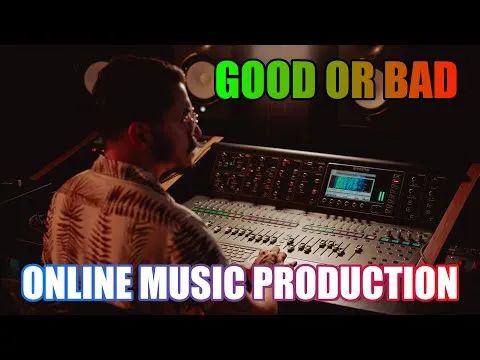
online music production course good or bad
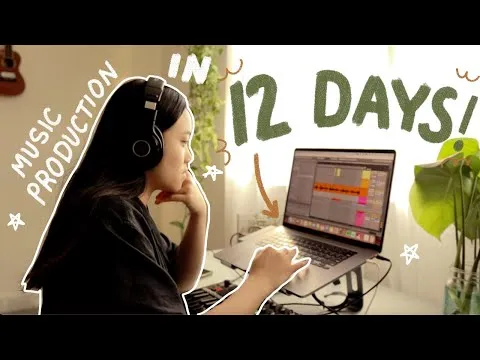
I Learn How to Produce Music in 12 DAYS!
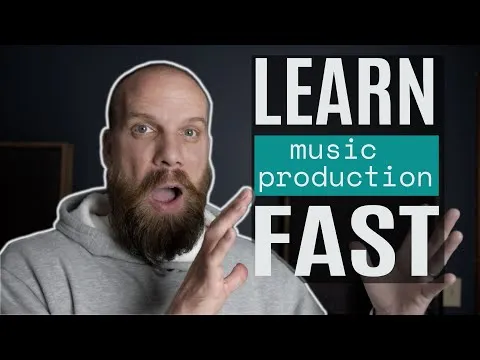

Start your review of Music Production - Learn the Compressor Effect